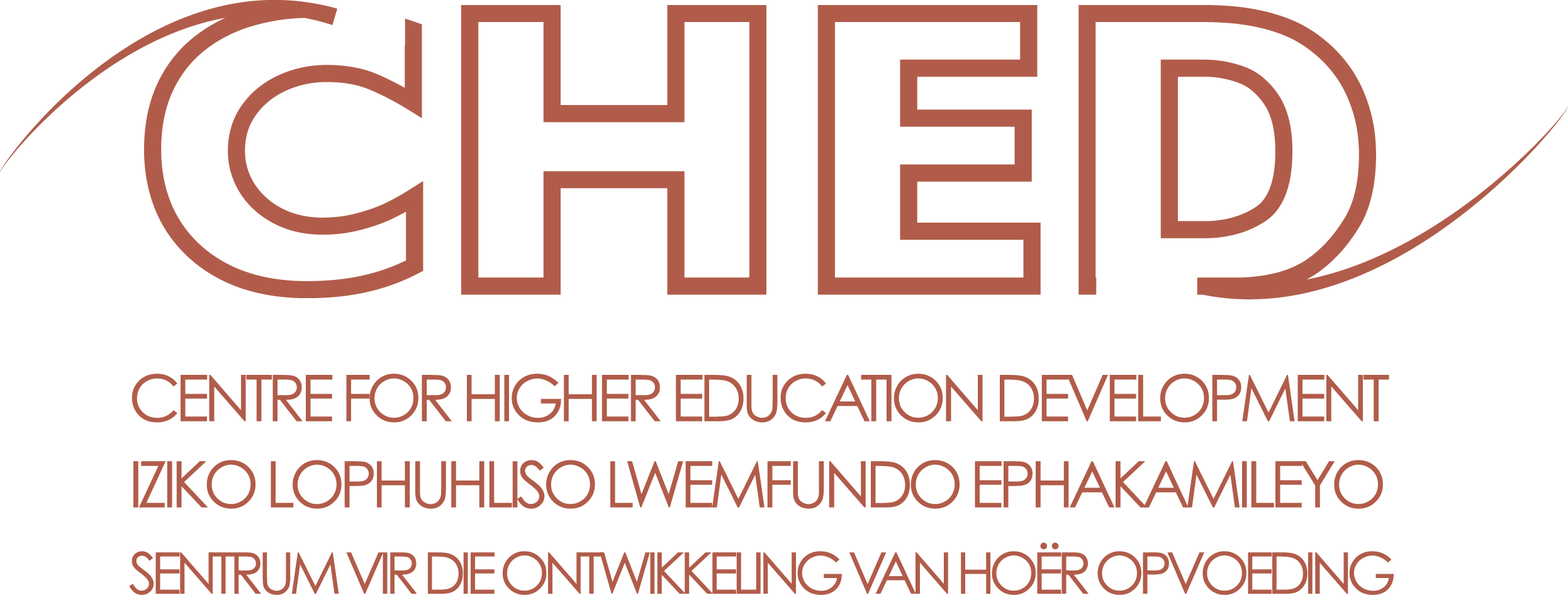Using a cohort model, the Scholarship of Higher Education Transformation, Teaching and Learning (SHETTL) Programme in CHED is focused on strengthening scholarship through growth of doctoral work in key thematic areas of digital education, languages and literacies and the critical knowledge project.
Programme Aims and Objectives
-
Recruit PhD candidates specifically to these areas of scholarship
-
Provide a platform for strengthening these areas of scholarship through the growth of doctoral work in these areas
-
Develop cohorts of staff and students who are working and supporting each other
-
Provide support for the cohort, for example, in 2-3 annual ‘contact’ (face-to-face/blended) events, and
-
Provide supervision support especially for new supervisors
Thematic focus areas and questions

These thematic focus areas are anchored by:
-
Critical approaches - such as social justice
-
Teaching and learning in multicultural spaces in higher education
-
Anchoring curriculum transformation in higher education transformation (‘restructuring’ or ‘rethinking’, 'disrupting')
-
Refocusing: responding to local concerns/issues (ID post qualification); interrupting: pausing the uncritical reproduction of literacies (teaching / change agents); inclusivity: with a dialogic approach, and participatory (teaching method)
|
Transformation (e.g. critical using theory), Teaching and learning for agency, and Theoretical and methodological perspectives (e.g. APOS, anthropological theory of didactics, didactics interactions, feminist perspectives for increasing female participation). |
Equity, access, power in particular contexts and how it is negotiated, what the genres of power are, how students engage and how / the extent to which the space is open / welcoming to students. Student voice about meaning-making practices, experiences in context (ways of doing - reading, writing, different modes). Decolonial/Southern perspectives on languages and literacies. Multimodal semiotics. |
Draws on African, feminist, and situated knowledge-making processes; Creates a space to engage with teaching and research through a decolonial, participatory lens; Helps scholars develop a critical lens on the role of the university in engaging with society; formalise a focus on co-creation as a method of teaching and research, central to rethinking the relationship between different knowledge constituencies. |
||
|
Exploring the role of digital education in contexts of inequalities through ie:
|
|
|
|
